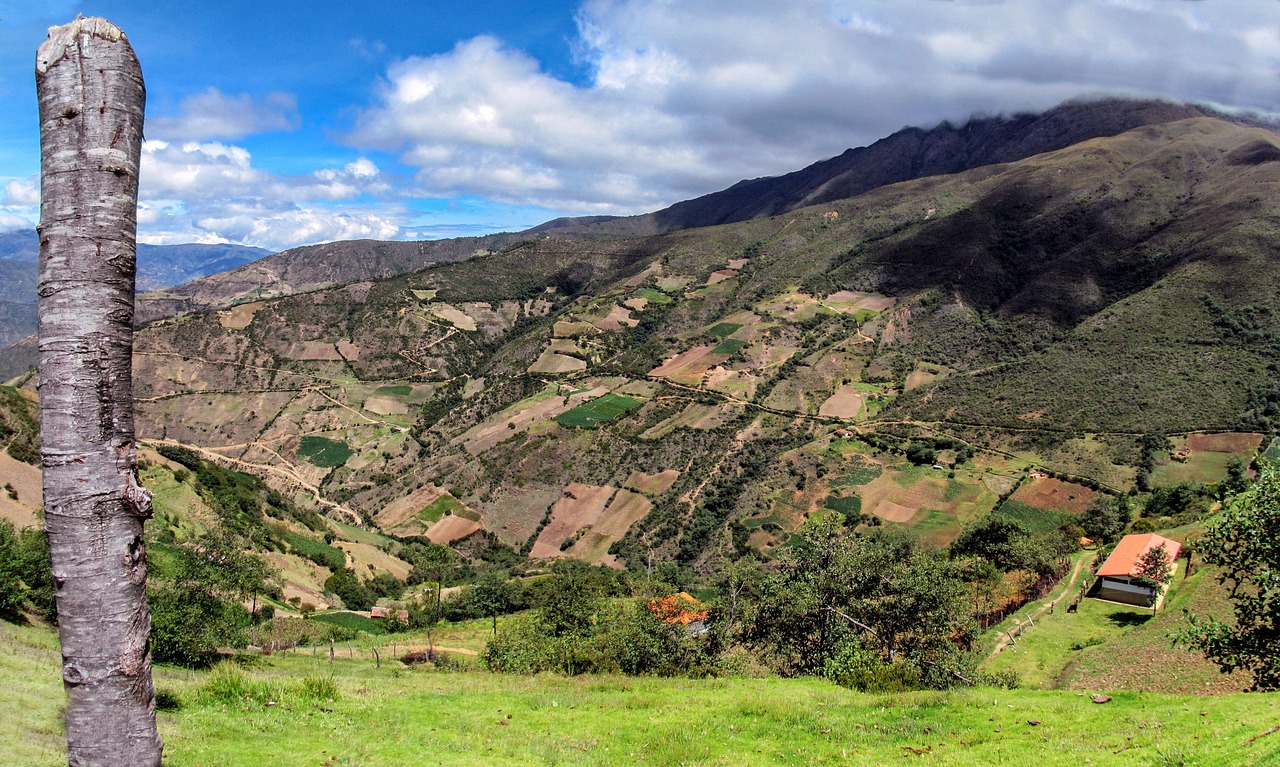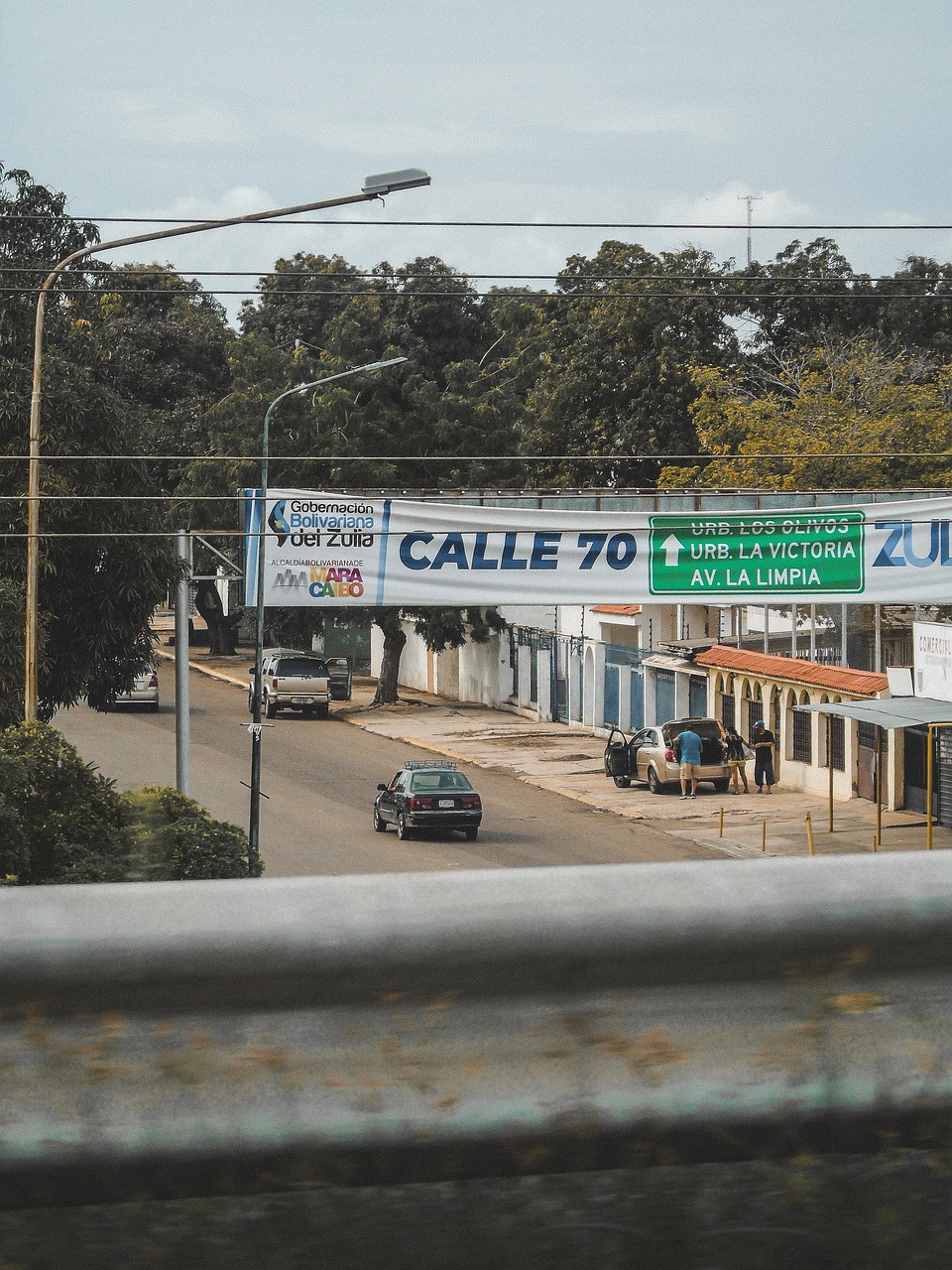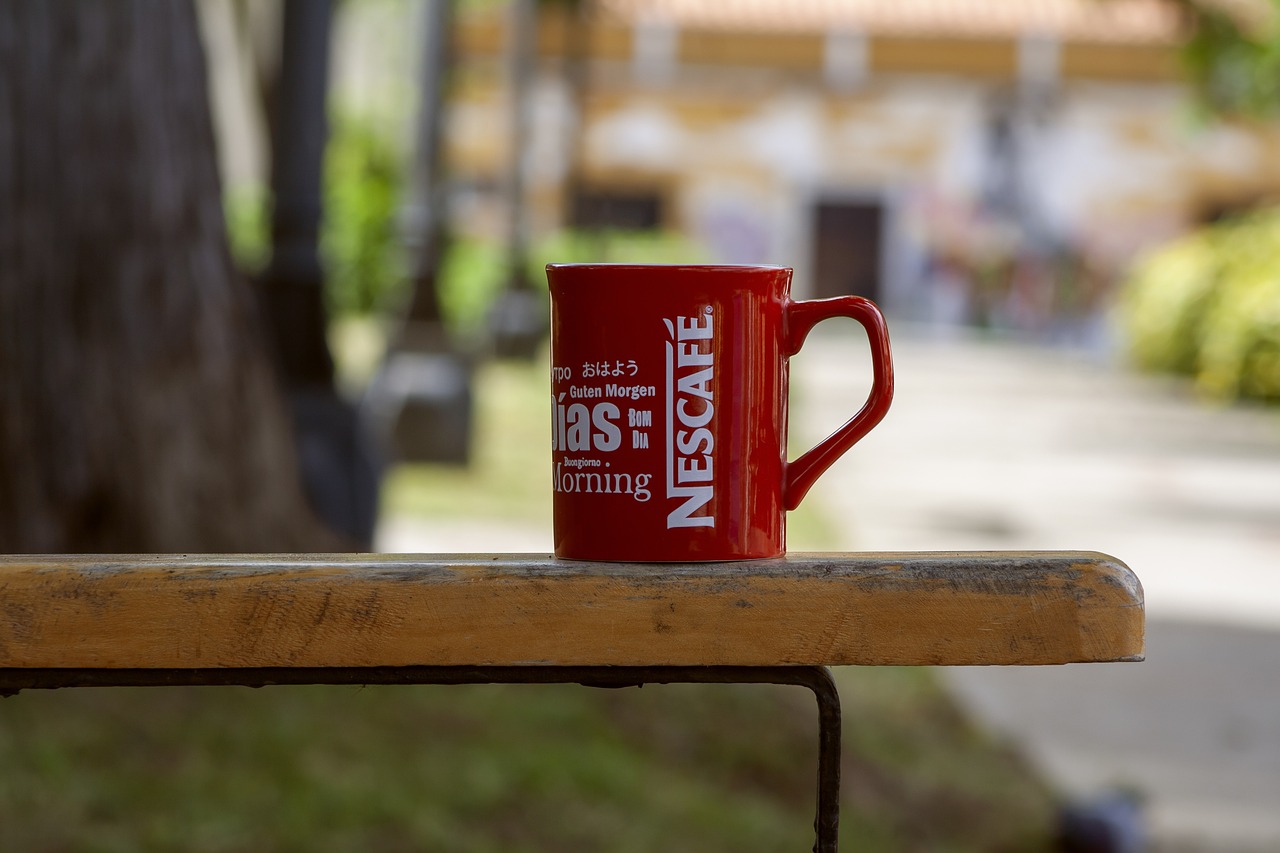Venezuela Video
Getting Around: Transportation Tips for Venezuela
Venezuela, located in South America, is a beautiful country with diverse landscapes and vibrant cities. When visiting Venezuela, it’s important to have a good understanding of the transportation options available to make your travel experience smooth and convenient. This article provides detailed information and tips on getting around in Venezuela, including various modes of transportation, their pros and cons, and essential tips for navigating the country.
Transportation Options in Venezuela
- Taxis: Taxis are a popular mode of transportation in Venezuela, especially within cities. They are readily available and can be hailed on the street or found at designated taxi stands. It is recommended to use licensed taxis and negotiate the fare before starting the journey.
- Public Buses: Public buses are the most common and affordable mode of transportation for locals and tourists alike. They operate on fixed routes and can be crowded during peak hours. It’s important to have small change ready for the fare and be aware of pickpockets.
- Metro: Caracas, the capital city of Venezuela, has a reliable metro system that connects various parts of the city. The metro is efficient, affordable, and a great way to avoid traffic congestion. However, be cautious of your belongings while using the metro.
- Rideshare Services: Rideshare services like Uber operate in major cities of Venezuela. They provide a convenient and comfortable way to get around, and the fare is usually calculated based on distance traveled. It’s advisable to have internet access and a smartphone to use these services.
- Car Rental: Renting a car gives you the flexibility to explore Venezuela at your own pace. Several international car rental agencies have branches in the country. It’s important to have a valid driver’s license and be familiar with local traffic laws and regulations.
- Motorcycle Taxis: In some areas, motorcycle taxis, known as “moto-taxis,” are a popular mode of transportation. They are faster and more maneuverable in heavy traffic. However, ensure to use a reputable service and wear a helmet for safety.
- Domestic Flights: If you plan to travel long distances within Venezuela, domestic flights are a convenient option. There are several domestic airlines operating in the country, offering flights to major cities and tourist destinations.
- Boat and Ferry Services: Venezuela is home to stunning coastal areas and islands. Boat and ferry services are available to reach these destinations, offering scenic views and a unique travel experience. It’s recommended to check schedules in advance, especially during peak tourist seasons.
- Trains: While Venezuela doesn’t have an extensive train network, there are limited train services available for specific routes. These include tourist trains that offer scenic journeys through picturesque landscapes.
- Bicycles: Some cities in Venezuela have bicycle-sharing programs, providing an eco-friendly way to explore the city. It’s important to follow traffic rules and wear appropriate safety gear while cycling.
- Walking: Exploring cities and towns on foot is a great way to immerse yourself in the local culture and discover hidden gems. However, be cautious of your surroundings, especially in crowded areas.
Tips for Getting Around in Venezuela
- Plan Ahead: Before embarking on your journey, research the transportation options available at your destination and plan your routes accordingly.
- Be Mindful of Safety: While Venezuela offers various transportation options, it’s essential to prioritize your safety. Avoid traveling alone at night, keep your belongings secure, and be cautious of your surroundings.
- Learn Basic Spanish: While English might be spoken in tourist areas, having some basic Spanish phrases will greatly assist you in communicating with locals and navigating transportation.
- Carry Small Change: It’s advisable to carry small denominations of local currency for bus fares and taxi rides, as drivers may not always have change for larger bills.
- Stay Updated on Public Transportation: Public transportation schedules and routes may vary, so it’s recommended to stay updated through official websites, local information centers, or by asking locals.
- Respect Local Customs: When using public transportation, be mindful of local customs and etiquette. Offer your seat to elderly or pregnant individuals and avoid playing loud music or engaging in disruptive behavior.
- Keep Important Contact Information: Have emergency contact numbers, including local taxi services or your accommodation, saved in your phone or written down for easy access.
- Use GPS or Navigation Apps: Utilize GPS or navigation apps on your smartphone to find the best routes, estimate travel times, and avoid getting lost.
- Be Prepared for Traffic: Traffic congestion can be common in major cities of Venezuela. Plan your journeys accordingly, especially during peak hours, to avoid unnecessary delays.
- Check Travel Advisories: Before traveling to Venezuela, check for any travel advisories or warnings issued by your home country’s government to ensure your safety.
Venezuela Image 1:

Exploring Venezuela’s Natural Beauty
Venezuela is blessed with stunning natural beauty, from the majestic Andes Mountains to the breathtaking Angel Falls. Here are some must-visit destinations:
- Angel Falls: Located in Canaima National Park, Angel Falls is the world’s highest uninterrupted waterfall. Witnessing the cascading waters is an awe-inspiring experience.
- Mérida: Nestled in the Andes Mountains, Mérida offers opportunities for hiking, paragliding, and exploring the páramo ecosystem. The cable car ride to Pico Espejo provides panoramic views.
- Los Roques Archipelago National Park: This stunning archipelago is a paradise for beach lovers and snorkeling enthusiasts. Crystal-clear waters, white sandy beaches, and vibrant marine life await.
- Canaima National Park: Home to Angel Falls, Canaima National Park is a UNESCO World Heritage Site. Explore its vast savannahs, tepuis (tabletop mountains), and stunning lagoons.
- Orinoco Delta: Discover the rich biodiversity of the Orinoco Delta, where you can observe wildlife, navigate through intricate river channels, and experience the unique local culture.
Venezuela Image 2:

Exploring Venezuela’s Cultural Heritage
Venezuela is also rich in cultural heritage, with vibrant cities and historical sites to explore:
- Caracas: The capital city, Caracas, offers a mix of modern skyscrapers and historical landmarks. Visit the Bolívar Square, the birthplace of Simón Bolívar, and explore the city’s museums and art galleries.
- Coro: A UNESCO World Heritage Site, Coro is a colonial city with well-preserved architecture. Wander through its narrow streets, visit the Santa Ana Cathedral, and soak in the city’s history.
- Maracaibo: Known for its iconic Maracaibo Lake and the famous Bridge over Lake Maracaibo, this city offers a vibrant nightlife and a rich cultural scene.
- Margarita Island: Explore the beautiful beaches, enjoy water sports, and visit the historic Castillo San Carlos de Borromeo on Margarita Island.
- La Asunción: Discover the historical city of La Asunción, the capital of Margarita Island. Visit the Santa Rosa Castle and explore the charming colonial architecture.
Essential Travel Information
- Entry Requirements: Check the visa requirements for Venezuela based on your nationality. Ensure your passport is valid for at least six months beyond your planned departure date.
- Health and Safety: Consult with a healthcare professional regarding recommended vaccinations and travel health advice for Venezuela. Stay updated on current safety concerns and follow local guidelines.
- Currency: The official currency of Venezuela is the Venezuelan bolívar. It’s advisable to carry a mix of cash and cards, and exchange currency at authorized exchange offices or banks.
- Weather: Venezuela has a tropical climate, with variations depending on the region and altitude. Pack appropriate clothing and be prepared for sudden weather changes.
Venezuela Image 3:

References
– Venezuelan Ministry of Tourism: www.mintur.gob.ve
– Caracas Metro: www.metrodecaracas.com
– Angel Falls: www.angelfalls.travel
– Canaima National Park: www.canaima.net
– Los Roques Archipelago National Park: www.losroques.org
– Mérida Tourism: www.merida.travel
– Venezuela Travel Advisory: travel.state.gov


